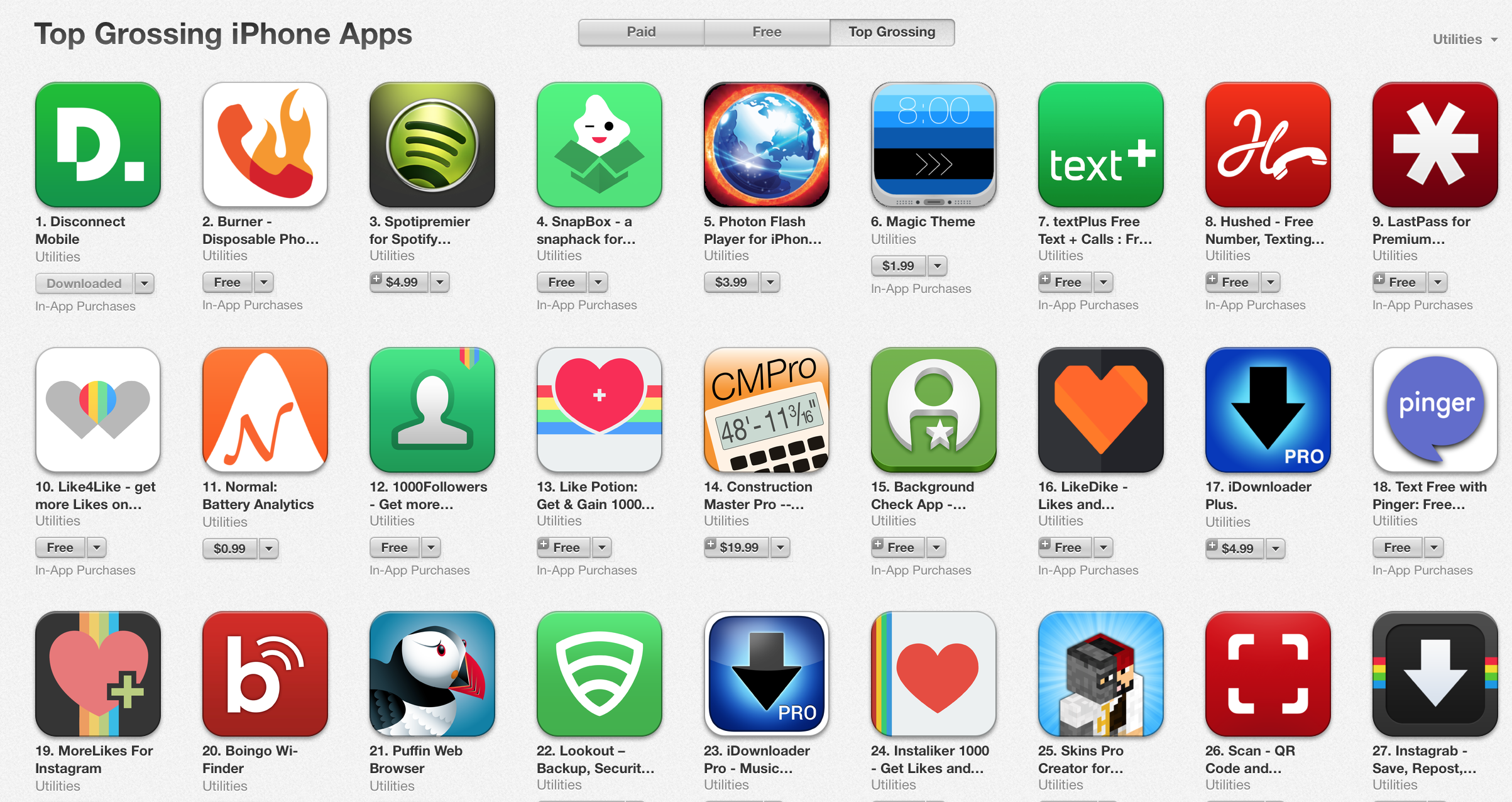
For the second time in as many years, Google has removed a Disconnect.me privacy app from its Play store. On its blog, the privacy company suggests Google may have blocked its newest app because "they determined it threatened their tracking and advertising based business model, which accounts for over 90% of Google’s $66 billion in estimated 2014 annual revenue." Ya think?
From Disconnect.me:
This post is about more than our new app, Disconnect Mobile, being arbitrarily removed by Google from the Play Store Tuesday, five days after it went live and prior to doing any PR announcement. This post is really about Google’s disregard for user privacy and security, their ability to arbitrarily and unilaterally ban any app from the world’s dominant mobile operating system (78% of total smartphones run Android), and the importance of alternative Android distribution platforms that support privacy and security.
Google doesn't even have anything to worry about, Disconnect writes. Their app doesn't block ads. It blocks malware and other "threats that come in the form of advertising."
But our mobile product (like our Desktop product) is not an adblocker. Instead Disconnect focuses on protecting people from invisible tracking and sources of malware, and all too often these threats come in the form of advertising. In fact, some of the most privacy invasive data collection online happens through ads, which see you even if you don’t see or interact with them. And worse, ad networks (including Google) are increasingly being used by “advertisers” to spread malware. This increasingly popular tactic, called malvertising, is currently being investigated by the US Senate, and Disconnect Mobile is the first app to directly address it.
Android users are out of luck until Google changes its mind about this app, but iPhone users can download the malware identifier through the Apple App Store, as millions have already done in the few days since its release. (None of that is to say Apple hasn't had its own problems with app censorship.)
"Google has way too much power over distribution of applications on Android and can kill applications at will without justification," Disconnect observes. It's hard to argue otherwise, but the point actually applies much more broadly. Considering the company mediates 25% of all internet traffic and is used by 60% of mobile devices each day, and increasingly provides server and email systems for powerful private and government entities alike, it sure seems like Google has too much power, period.
